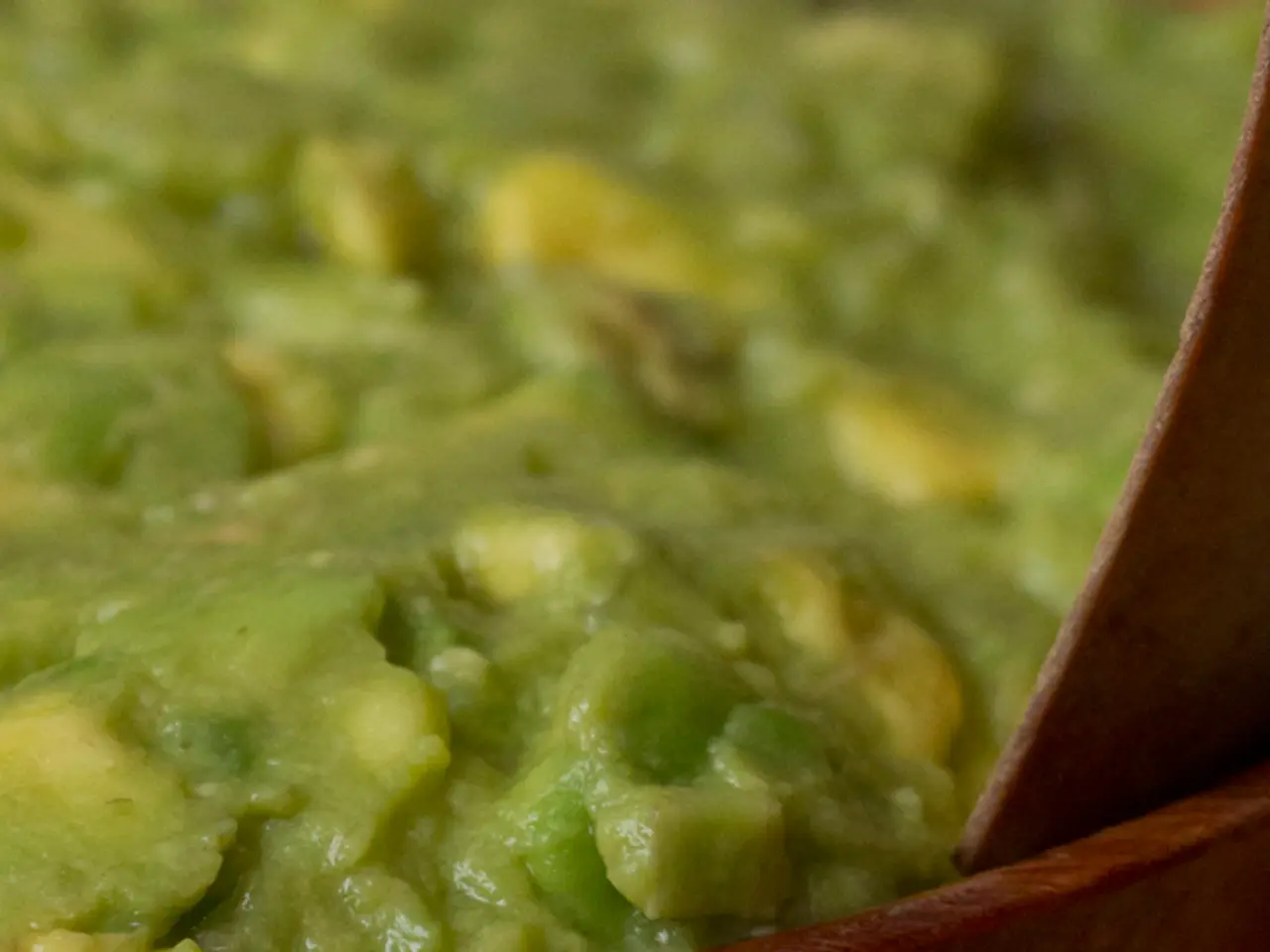Watery Flatulence (Wet Farts): Reasons and Remedies
Watery flatulence, a condition where farts feel wet due to the passage of mucus or watery stool, can be a sign of an underlying health issue. In adults, common causes include various infections, digestive disorders, and inflammation of the intestines.
Intestinal infections, such as those caused by bacteria like *Clostridioides difficile*, *Salmonella*, and *E. coli*, or parasites like *Giardia*, can lead to watery stools and flatulence. These infections inflame the intestinal lining, impairing the absorption of water and nutrients.
Other causes include inflammatory bowel diseases (IBD) such as ulcerative colitis and Crohn’s disease, irritable bowel syndrome (IBS), and conditions like gastritis and celiac disease. IBS, a functional disorder, can result in episodes of watery diarrhea and gas, while celiac disease can cause stomach discomfort and watery flatulence after consuming gluten.
In children and babies, watery flatulence may indicate one of the health conditions listed above. Caregivers should note any related symptoms and consult a doctor. Lactose overload in infants, due to too much lactose in the digestive system from long or over-frequent feeds, can cause watery farts or stools. Newborn babies may also have watery farts due to their still-developing digestive systems.
Diagnosing the exact cause of watery flatulence usually requires medical evaluation, including stool tests and possibly endoscopy, depending on symptom duration and severity. Doctors may also perform physical examinations, ask about recent food and drink consumption, and conduct tests like ultrasound or CT scan of the abdomen, blood tests for celiac disease, breath tests, and colonoscopy.
To prevent watery flatulence, people can avoid lactose and gluten, carbonated drinks, chewing gum, eating too quickly, and high-fructose foods. They can also gradually increase fiber intake. If wet farts occur regularly for no known reason, it may be helpful to consult a doctor for a diagnosis of any underlying health conditions.
It's important to note that while this article focuses on watery flatulence, any persistent changes in bowel habits, accompanied by blood in stool, unexplained weight loss, swelling or hard lump in the stomach, feeling short of breath, paler skin, or any other concerning symptoms should prompt an immediate visit to a doctor.
[1] Mayo Clinic. (2021). Watery diarrhea. [online] Available at: https://www.mayoclinic.org/symptoms/watery-diarrhea/basics/definition/sym-20050856
[2] National Institute of Diabetes and Digestive and Kidney Diseases. (2021). Watery diarrhea. [online] Available at: https://www.niddk.nih.gov/health-information/digestive-diseases/diarrhea/watery-diarrhea
[3] National Health Service (NHS). (2021). Irritable bowel syndrome (IBS). [online] Available at: https://www.nhs.uk/conditions/irritable-bowel-syndrome/
[4] Centers for Disease Control and Prevention (CDC). (2021). Clostridioides difficile (C. difficile) infections. [online] Available at: https://www.cdc.gov/cdiff/hcp/index.html
[5] Crohn's & Colitis Foundation. (2021). Inflammatory bowel disease (IBD). [online] Available at: https://www.crohnscolitisfoundation.org/what-are-crohns-disease-ulcerative-colitis/what-is-ibd
- In newborn babies, watery flatulence may result from lactose intolerance or an immature digestive system, and caregivers should be aware of any related symptoms.
- For adults, watery flatulence can be a symptom of digestive disorders such as giardiasis or inflammatory bowel diseases like ulcerative colitis or Crohn's disease, and it may also indicate conditions like celiac disease.
- To maintain a healthy digestive system and prevent issues like watery flatulence, one can follow a balanced nutrition plan, focus on health-and-wellness, fitness-and-exercise, and avoid lactose, gluten, carbonated drinks, chewing gum, eating too quickly, and high-fructose foods.
- If watery flatulence persists over time without a known cause, it is advisable to seek medical attention because it could signal an underlying health issue, as accurate diagnosis typically requires medical evaluation, possibly involving stool tests, endoscopy, physical examinations, and other tests.




